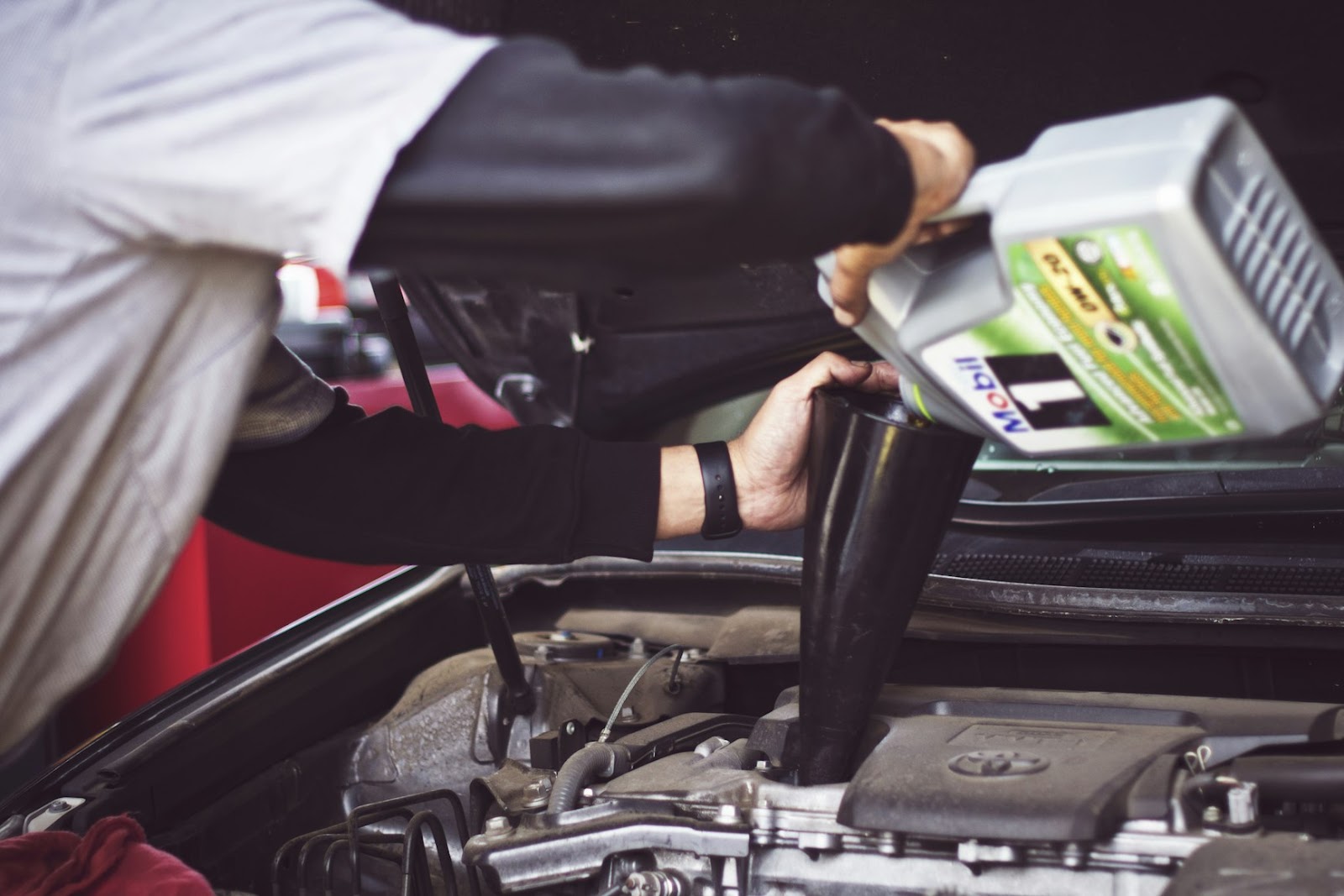
Photo by Tim Mossholder On Unsplash
Engine Maintenance FAQs: Keeping Your Car's Heart Healthy
Your car's engine is its beating heart, and just like with any vital organ, regular check-ups and proper care are essential. Neglecting engine maintenance can lead to many issues, ranging from decreased fuel efficiency to costly repairs. To help you better understand the significance of engine maintenance, let's explore some common questions car owners like yourself often have.
FAQ 1: How Often Should I Change My Engine Oil?
Regular oil changes are among the essential components of engine maintenance. The engine oil lubricates the numerous parts of an engine, reducing wear and friction. The general rule of thumb is to change your oil every 3,000 to 5,000 miles, but it's crucial to consult your vehicle's manual for manufacturer-recommended intervals.
FAQ 2: What Signs Indicate a Need for Engine Tune-Up?
Over time, your engine's performance may decline due to worn-out spark plugs, clogged fuel injectors, or a malfunctioning ignition system. It might be time for an engine tune-up if you experience symptoms like rough idling, lower fuel efficiency, or a lack of power.
FAQ 3: Is Warming Up the Engine Before Driving Necessary?
With modern vehicles, the need for extended warm-up periods has diminished. However, allowing your engine to warm up for a minute or two in cold weather can still be beneficial. This practice ensures that the oil circulates adequately, properly lubricating engine components.
FAQ 4: How Can I Improve Fuel Efficiency and Reduce Emissions?
Engine efficiency directly impacts fuel consumption and emissions. Reducing emissions and improving fuel efficiency can be achieved by maintaining a steady driving speed, eliminating pointless idling, and doing routine maintenance such as air filter changes and fuel system cleanings.
Maintenance Tips for a Healthy Engine
Now that we've covered some essential FAQs about engine maintenance, let's delve into additional tips to keep your car's heart in optimal condition.
Tip 1: Regular Inspection of Belts and Hoses
An engine's ability to operate appropriately depends heavily on its belts and hoses. Over time, they can wear out, crack, or become loose, leading to potential breakdowns. Regularly inspecting and replacing worn-out belts and hoses can prevent unexpected failures and costly repairs.
Tip 2: Cooling System Maintenance
Your engine's cooling system is essential for preventing overheating. Regularly check the coolant levels and ensure no leaks in the radiator or hoses. Flushing the cooling system according to the manufacturer's recommendations removes contaminants and enhances efficiency.
Tip 3: Air Filter Replacement
The air filter is essential for keeping dirt and particles out of your engine. Over time, it might get blocked, limiting airflow and affecting engine performance. Replacing the air filter regularly is believed to be a simple yet effective approach to ensuring optimal engine performance and fuel efficiency.
Tip 4: Fuel System Cleaning
Deposits and contaminants can accumulate in your fuel system, affecting fuel injectors and combustion efficiency. Periodic fuel system cleanings can remove these deposits, improving fuel atomization and combustion. This not only enhances engine performance but also contributes to better fuel economy.
Trust Your Engine With Us
The engine in your car is a complex mechanism that requires constant maintenance and care to operate at peak efficiency. By incorporating these additional maintenance tips into your routine, you not only extend the life of your engine but also contribute to a smoother and more efficient driving experience.
At Pals Ocala Auto Repair, we pride ourselves on being your trusted engine and general vehicle maintenance partners. Our trained technicians are committed to providing quality service, ensuring that your vehicle's heart remains healthy and reliable. Contact us today to schedule an appointment, and let's work together to ensure your vehicle's engine's longevity and optimal performance!